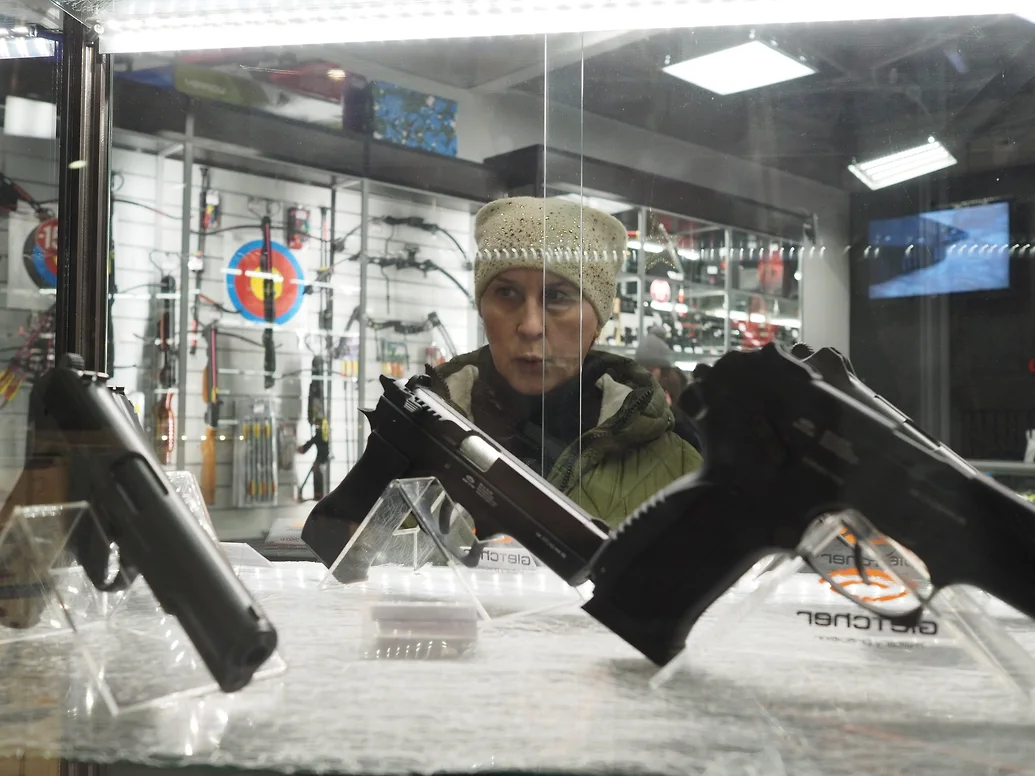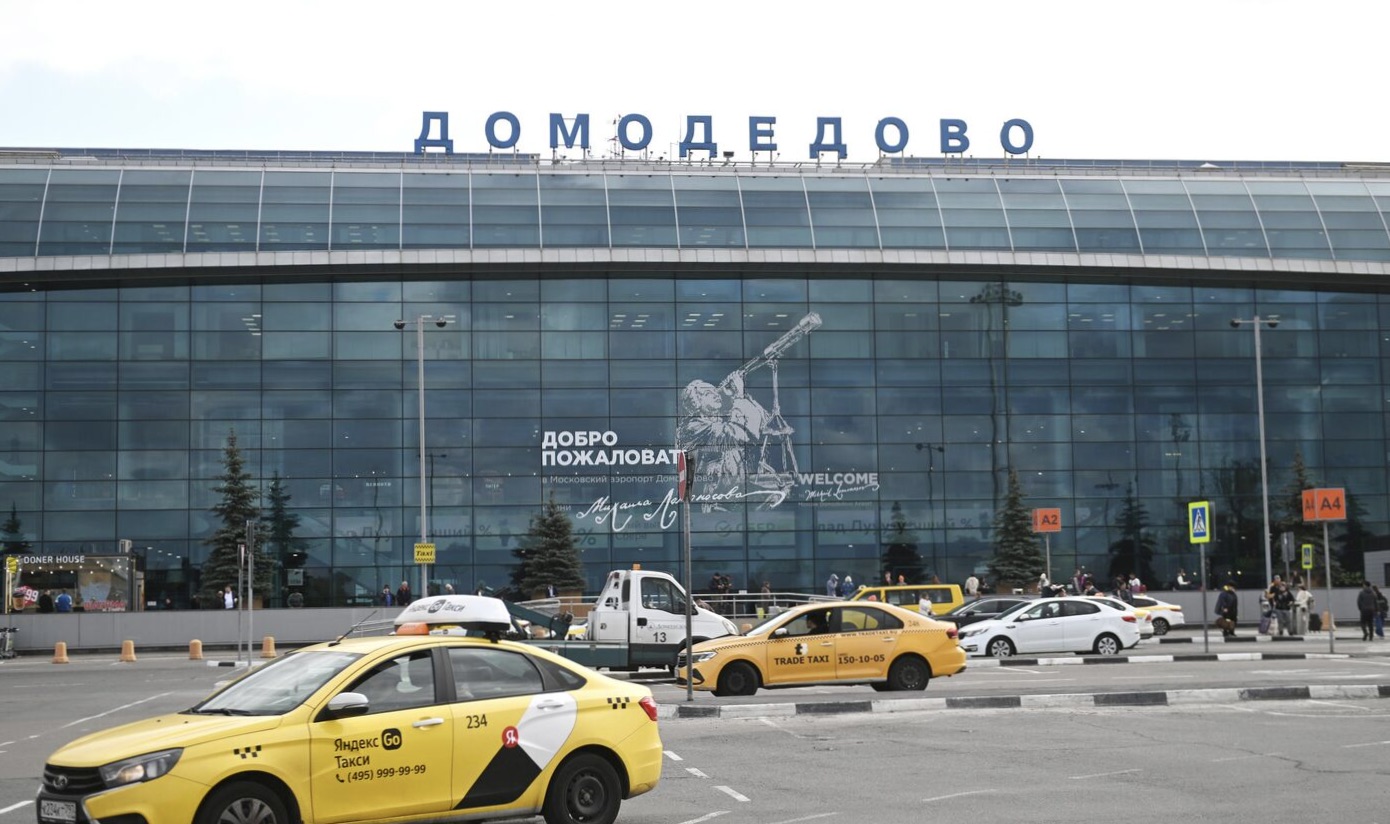
Non-Russians in Russia Arm Themselves as War in Ukraine Drags On
Non-Russians in Russia Arm Themselves as War in Ukraine Drags On
Executive Summary:
- Immigrants and non-Russians in the Russian Federation have been acquiring weapons at an ever-increasing rate since the start of Russian President Vladimir Putin’s war against Ukraine, leading to the rise of more ethnically-related crime and even sparking the formation of militia-like groups.
- This trend has frightened many in Russia, prompting the Federal Security Service (FSB) to launch a major drive to reverse it, and led radical Russian nationalist groups such as the Russian Community to form ethnic Russian militias to help the increasingly short-staffed Russian police.
- As more veterans return and as more guns become available to the Russian population in general and to non-Russians in particular, new and larger armed clashes between these ethnic groups with each other and with the state are ever more likely.
Since the very beginning of Russian President Vladimir Putin’s expanded war against Ukraine in February 2022, Russian observers have noted that the conflict has made it far easier for the residents of the Russian Federation to acquire guns. Some estimate that there are now far more than the 20 million weapons in private hands and that the weapons Russians now have are far more lethal as well (see EDM, November 29, 2022, September 11; Novaya Gazeta Europe, April 2, 2024). Immigrants from Central Asia and the Caucasus, along with non-Russians indigenous to and citizens of the Russian Federation, are among those who have acquired the most guns over the last three years (Rosbalt, October 29, 2024; Zavtra.ru, November 10, 2024; Svobodnaya Pressa, October 31).
The reasons for this conclusion are largely of the Russian government’s own making. The Kremlin has adopted an ever-tougher line against immigrant groups, prompting the latter to seek to defend themselves. Moscow has also disproportionately used non-Russians as a source of troops for its war. This means they are in a position to be disproportionately larger sources of such weapons for people back home. Moreover, in many cases, Moscow has treated its non-ethnic Russian citizens in ways that predispose these people to share the desire of immigrants to have their own weapons (see EDM, February 14, September 13, 2023).
These trends have alarmed many in Russia who believe that they presage, at a minimum, a further rise in violent crime, especially at a time when there are fewer Russian police on the beat than earlier to protect the population (Telegram/@mozhemobyasnit, July 15, 2024; see EDM, October 30). This fear has prompted the Federal Security Service (FSB) to launch a country-wide drive to block this channel (Argumenty i fakty Stavropol; Chernovik, December 10, 2024; Window on Eurasia, August 6). Radical Russian nationalist groups such as the burgeoning Russian Community have gained some support from Moscow, but less at the regional level, to form ethnic Russian militias to help the increasingly short-staffed Russian police to retake control (See EDM, May 27, July 30; Mediazona, May 30; Meduza, May 31).
These moves appear to have allowed Moscow to largely hold its own for the time being, despite some occasional serious conflicts (Window on Eurasia, October 31, 2024). That may be about to change, however, as ethnic tensions increase and ever more veterans, non-Russian as well as ethnically Russian, return from Ukraine and make the acquisition of additional guns easier. If that happens, there is a growing chance of clashes not only between these two groups but also between them and the Russian state, a development that could trigger the beginnings of a potential civil war (see EDM, January 19, 2024).
Three developments over the past year and especially in recent months suggest that Moscow is now increasingly worried about the influx of weaponry from the war against Ukraine, not just to the Russian population as a whole but to immigrants and indigenous non-Russians in particular.
First, FSB Director Aleksandr Bortnikov has warned that the influx of guns from the war against Ukraine, in particular, to non-Russian militants in the North Caucasus is destabilizing the situation there. He announced that he has ordered more operations against arms dealers there and elsewhere to try to stem the tide. So far, he says, his agency has conducted such raids in more than half of the Russian Federation’s federal subjects (Argumenty i facty Stavropol, August 4; Window on Eurasia, August 6).
Second, Moscow has quietly shelved two programs that might have made this situation even more explosive. On the one hand, it has dropped Duma discussions about making it easier for veterans of the war against Ukraine to own and operate weapons, something non-Russians among them could have exploited (74.ru, November 18, 2023; Kommersant; Rosbalt, November 19, 2023). On the other hand, there has been a decrease in conversations around its much-ballyhooed program, which called for the leaders of all the federal subjects of the Russian Federation to form their own militias, something Chechnya has done, and that heads of other non-Russian republics might have done otherwise (Kommersant, September 16, 2024).
Third, Moscow security affairs commentator Sergey Ishchenko has claimed that 25 percent of Russia’s seven million immigrants do not recognize the supremacy of Russian laws and are now prepared to defend their own national traditions against Russian ones with “arms in their hands.” Most of the immigrants who want guns are getting them on the black market. Some who have acquired Russian citizenship, however, are buying them legally, a possibility he and some in the Duma want to end. Opposition to this idea exists, however, because it would reify the distinction between classes of Russian citizens and thus exacerbate relations between Moscow and non-Russians who are Russian citizens by birth (Svobodnaya Pressa, October 30).
The widespread failure of Russian officials to make a clear distinction between non-Russians who are citizens of the Russian Federation by birth and non-Russian immigrants, some of whom are also citizens, is making an already serious problem even worse (Idel.Realii, July 7, 2024; Window on Eurasia, July 9, 2024; Stoletie, October 7, 2024). Moscow does not have the same options with regard to the non-Russians who are citizens as it has regarding immigrants, including even those who have taken Russian citizenship. To protect its power, the Kremlin would almost certainly be willing to sacrifice economic growth and expel the immigrants. Moscow cannot do that with the much larger number of non-Russian citizens. After all, as Khrushchev famously observed, Stalin did not deport the Ukrainians under the Soviet Union because he had nowhere to send them.The size of that problem is truly daunting. Moscow security agencies, from the police to the FSB, have long been accustomed to carrying out their duties, including arrests, with little or no resistance, given that the population has had few weapons. Russia’s police forces cannot count on that being the case now. Recently, police in the Transbaikal sought to expel a Russian resident from his home to make room for ethnic Chinese guestworkers. He responded by opening fire (Vazhniye Istorii, October 21). If something similar to what happened in the Transbaikal were to begin to occur in non-Russian areas, the Kremlin almost certainly would soon have even fewer police willing to carry out its orders. It would thus be forced to rely either on the FSB or the Russian Army to do so, or change its course away from that which Putin has pushed. The combination of more guns coming in and rising non-Russian anger, given Moscow’s attacks on immigrants culturally related to many non-Russian groups, makes that likely. In either case, the increasingly well-armed population of the Russian Federation, non-Russian as well as Russian, seems set to grow into a far larger problem.


